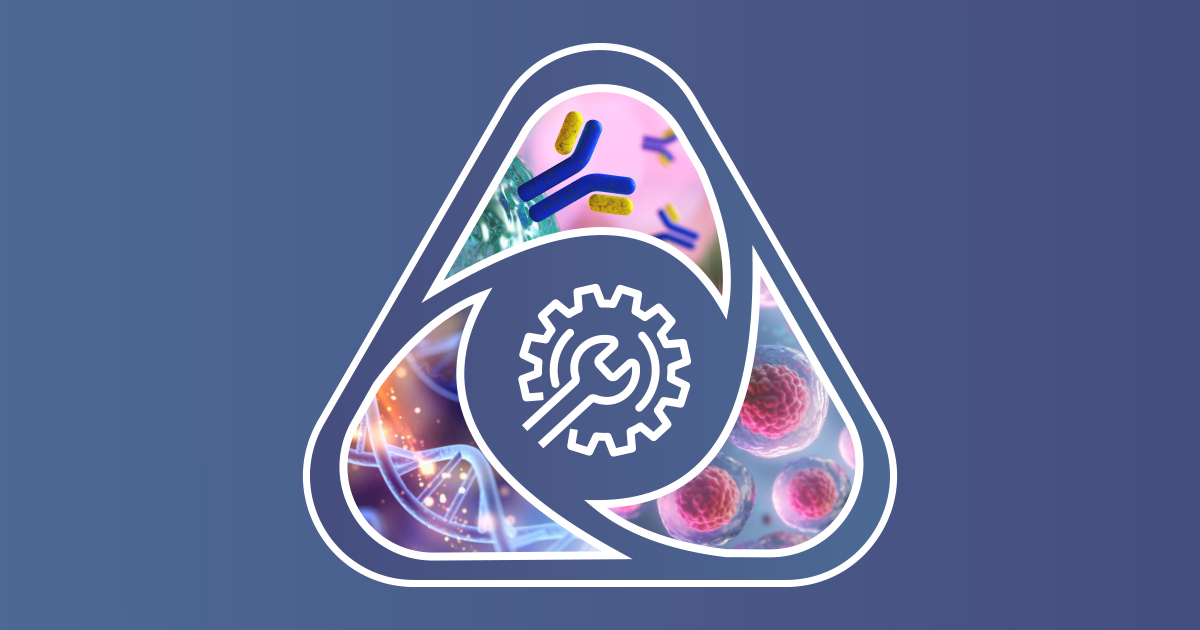
Much of the work carried out by DTT is in support of the National Toxicology Program (NTP), an interagency partnership of the Food and Drug Administration, National Institute for Occupational Safety and Health, and NIEHS.
The Division of Translational Toxicology's (DTT)) Strengthening Capabilities Research and Development aims to advance the field of toxicology through the development and application of new and innovative approaches to solve traditional toxicology problems and position the division at the cutting edge of scientific research. These advancements should enhance progress in toxicology becoming a more predictive science for better understanding of the effects of environmental exposures and their translation to human health and disease. The following topics make up this strategic area of research and development.
Novel Tools and Approaches
Technological advances in science are evolving at a rapid pace, providing a toolbox of exciting new methods. This research and development aims to identify, evaluate, and help advance tools suitable for translatable, predictive, and timely toxicology in areas of direct importance to toxicology. These new approaches, which encompass both non-animal and refined animal approaches, will define the core feature of creative and bold projects designed to address previously intractable and important toxicological questions.
Scientific Cyberinfrastructure
Work in toxicology relies heavily on the use of scientific cyberinfrastructure resources in support of research activities. This includes computer and storage systems, networking, systems-level software and database systems, data processing and analysis pipelines, and custom analytical and visualization tools. This usage entails significant costs in developing and acquiring new resources in response to changing needs and in operating existing resources. Coordination of these efforts helps ensure that resources are strategically planned and efficiently deployed for a changing research landscape.




